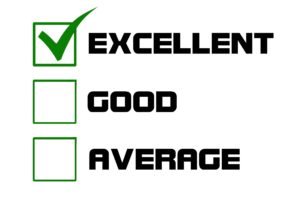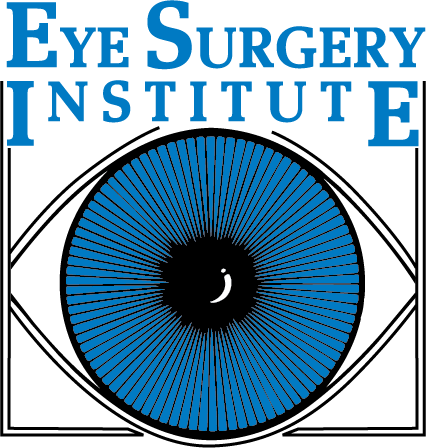Cataract Evaluation
If you have been previously diagnosed with a cataract or if you feel you are experiencing blurry vision, a comprehensive eye examination is important. The examination can determine if the cataract is the source of your visual complaints. If the cataract is the source of your complaints, I can complete a cataract evaluation and discuss with you the options.
Most people develop a cataract as they get older. Surgery is recommended when the cataract is interfering with your day to day activities. Patients may experience difficulty driving especially at night or in the rain and bright sunlight.
Examination
 A comprehensive eye examination involves checking your visual acuity, refracting to see if new eyeglasses can improve your vision, a slit lamp examination and a dilated examination. I will also take a comprehensive medical history. This is done to assess for any conditions that would increase the risk of a problem during surgery.
A comprehensive eye examination involves checking your visual acuity, refracting to see if new eyeglasses can improve your vision, a slit lamp examination and a dilated examination. I will also take a comprehensive medical history. This is done to assess for any conditions that would increase the risk of a problem during surgery.
If the cataract if the cause of your visual complaints, I will discuss with you the risks and benefits of surgery as part of the cataract evaluation. I will take the time to discuss implant options with you. For example, if you have astigmatism you may be a candidate for a toric implant to correct the astigmatism. If you have a desire to be less dependent on glasses for near activities, you may be a candidate for a presbyopic implant that allows for vision not only at distance but also for near and intermediate activities. There are various prebsbyopic implants available on the market. Based on your visual needs, I will recommend the implant that suits your needs best.
Cataract Surgery Implants
When I first trained, monofocal intraocular implants were primarily used. Most patients still required glasses after their surgery due to either their astigmatism and/or near vision needs.
Many patients have astigmatism and benefit from a toric intraocular implant. I will discuss the option of this implant with all patients who have corneal astigmatism. It reduces the dependence on glasses after surgery.
Multifocal implants can help correct vision both at distance and for near activities. These intraocular implants can work well for patients who wish to be less dependent on glasses for both distance and near and intermediate vision. These implants will reduce your need for glasses for many activities. I will determine which implant is best for you, it is important to understand your visual needs. For example, do you wish to have better intermediate or reading vision? Are you willing to accept that you may have decreased contrast sensitivity or some halos at night? After performing your eye examination, I will determine if you are a candidate for a multifocal or a toric implant. Our implant technology and options are always evolving. It is important that you understand all of your options and which options may work best for you. Call our office for an appointment!
Alaina Kronenberg, M.D.
Cataract Specialist
Comprehensive Ophthalmologist
Dearborn, Michigan 48126
